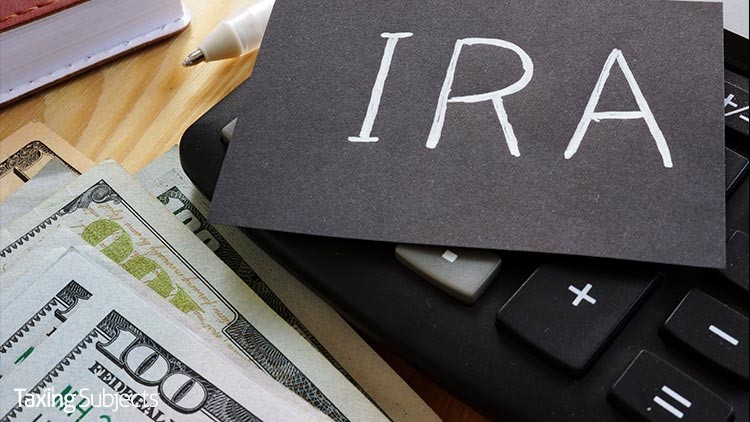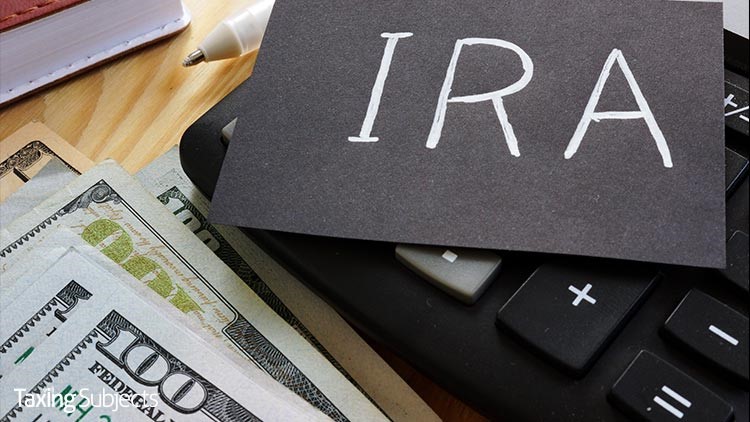
The Internal Revenue Service says seniors and retirees aren’t required to take money out of their IRAs and workplace retirement plans this year.
The Coronavirus Aid, Relief, and Economic Security Act—also known as the CARES Act—waives the required minimum distributions during 2020. The provision covers IRAs and retirement plans and includes beneficiaries with inherited accounts.
The waiver includes Required Minimum Distributions (RMDs) for those individuals who turned 70 ½ in 2019 and took their first RMD in 2020. Roth IRAs do not require withdrawals until after the death of the owner.
Already Taken a Required Minimum Distribution?
If a taxpayer has already taken an RMD in 2020—including someone who turned 70 ½ during 2019—they will have the option of returning the distribution to their account or some other qualified plan.
RMDs already taken in 2020 are considered eligible for rollover, so RMDs can be rolled over to another IRA, another qualified retirement plan, or simply returned to the original plan.
An IRA owner or beneficiary who has already received an RMD in 2020 can repay the distribution to the distributing IRA no later than Aug. 31, 2020, to avoid paying taxes on the distribution.
IRS Notice 2020-51 (PDF) also provides that the one rollover per 12-month period limitation and the restriction on rollovers to inherited IRAs do not apply to this repayment.
The IRS says CARES Act provisions apply to most retirement plans, including traditional IRAs, SEP IRAs, SIMPLE IRAs, 401(k) plans, 403(b) plans, profit sharing plans and other defined contribution plans.
The RMD suspension does not apply to qualified defined benefit plans.
For more information on the suspension of RMDs, the CARES Act and retirement plans, check out the IRS’ website for Coronavirus-related relief for retirement plans and IRAs.

